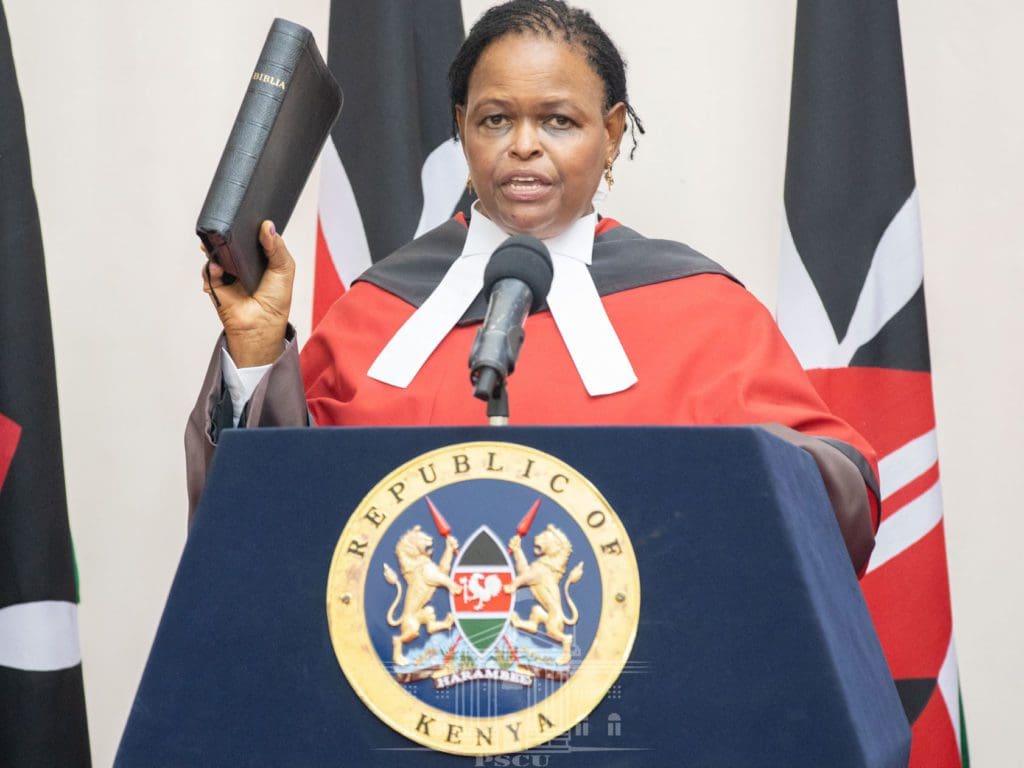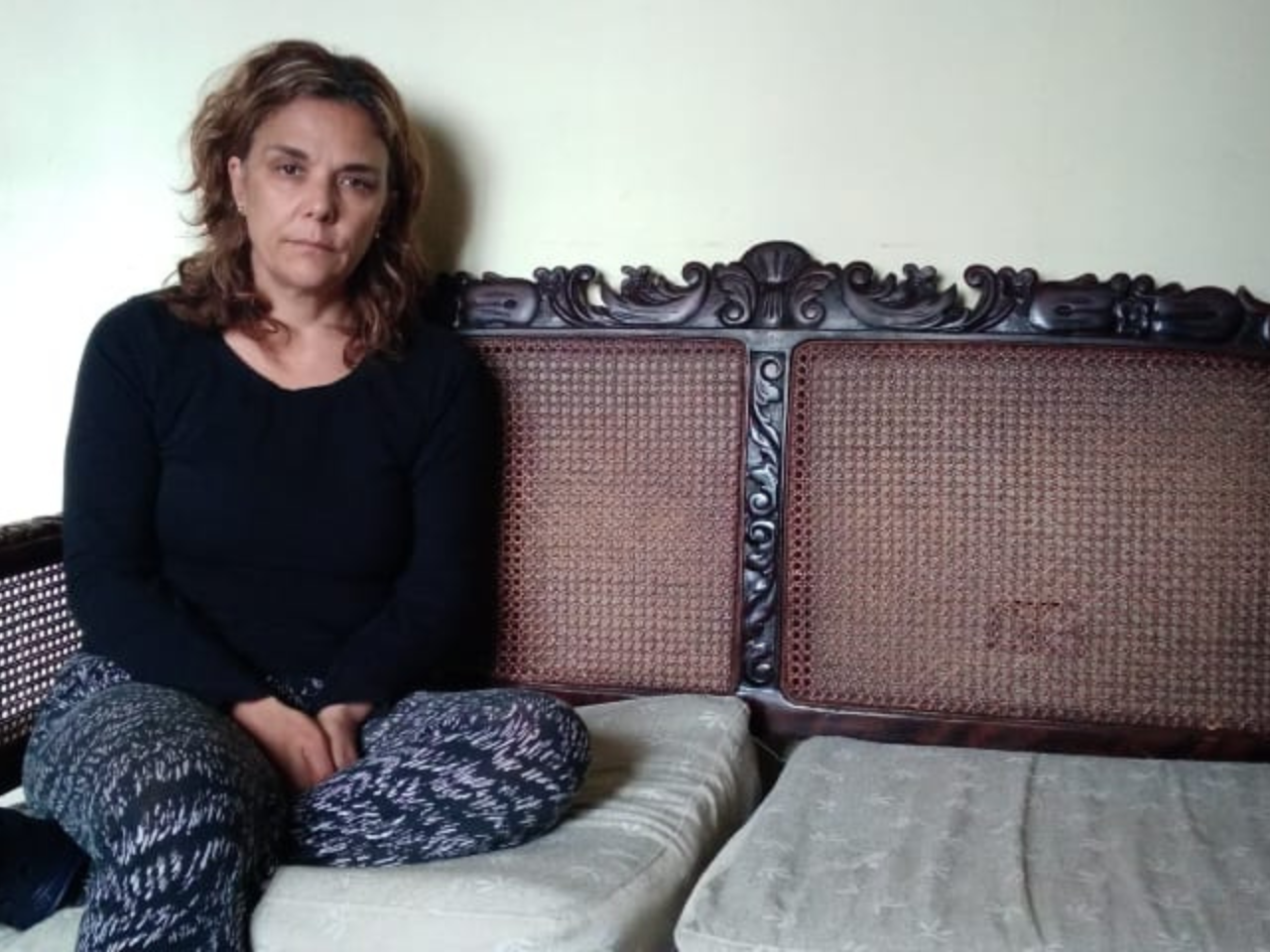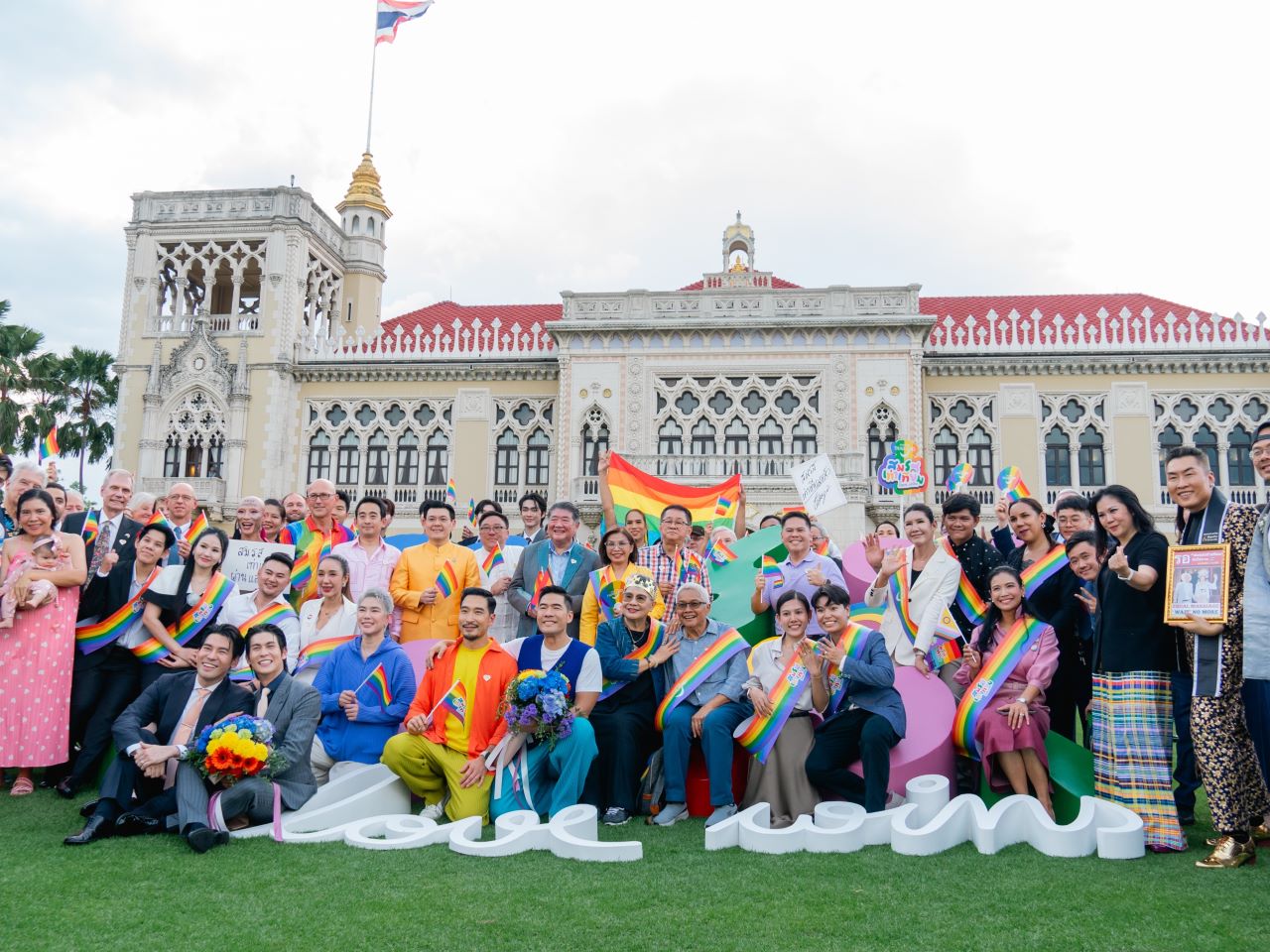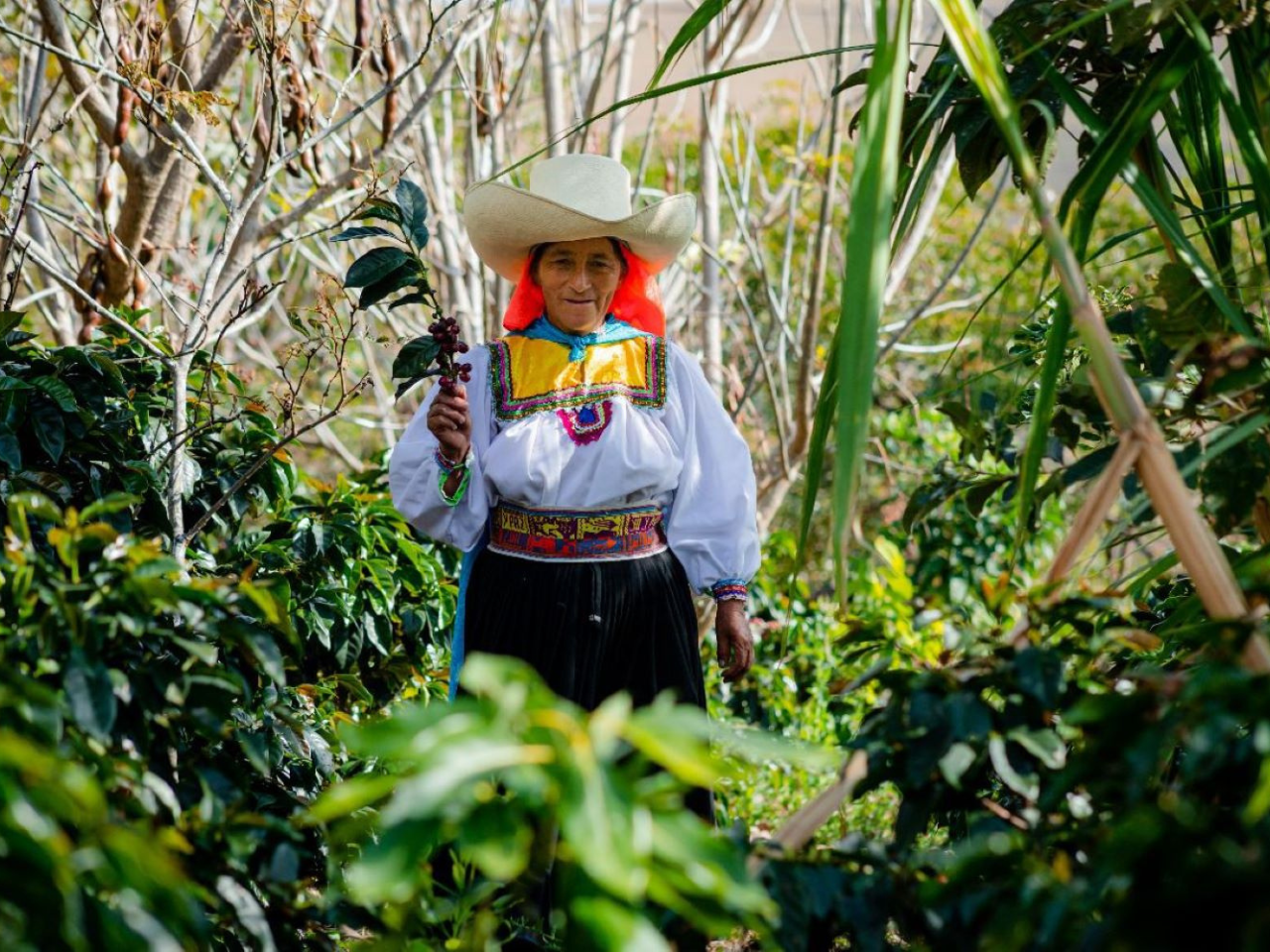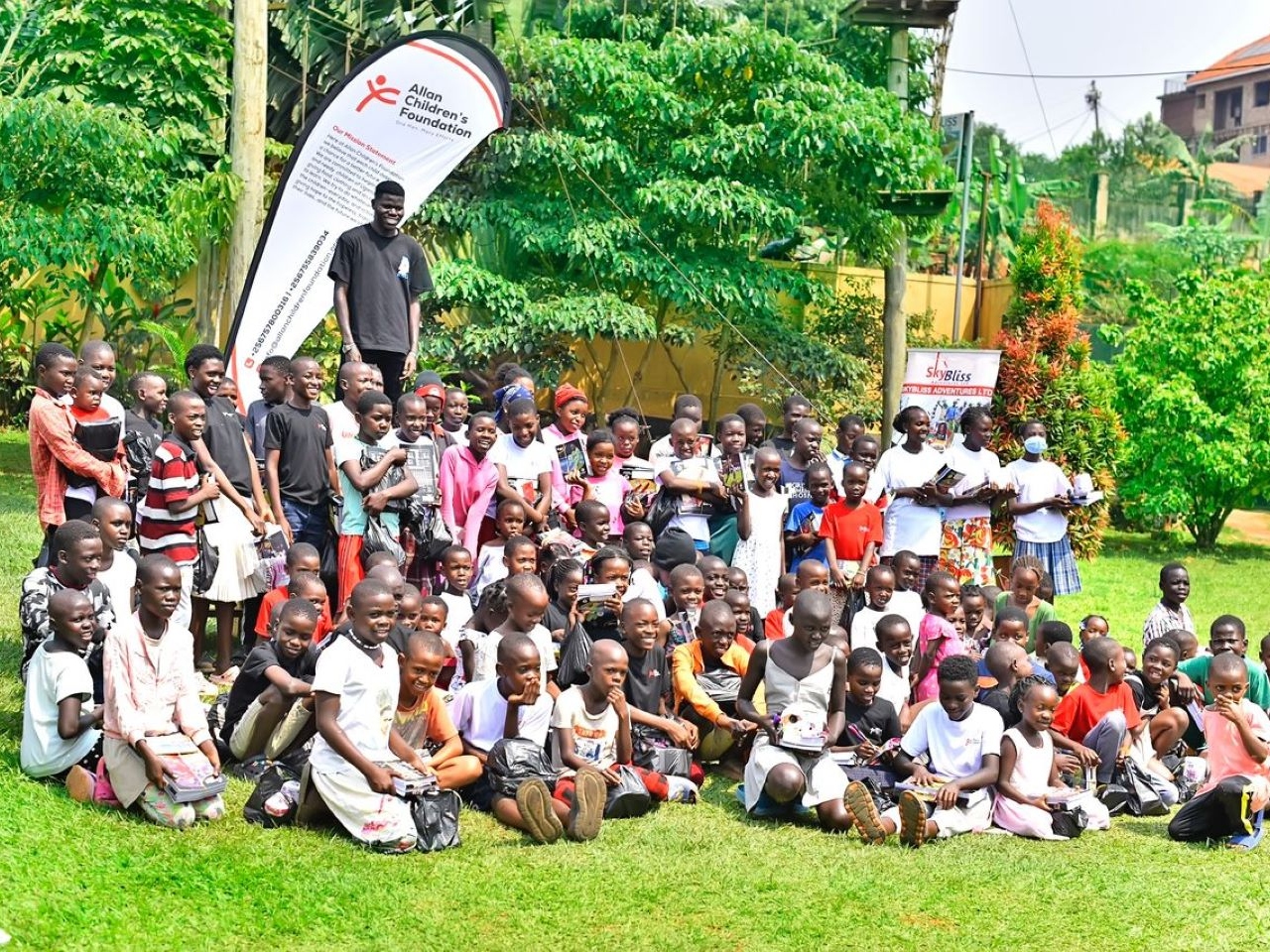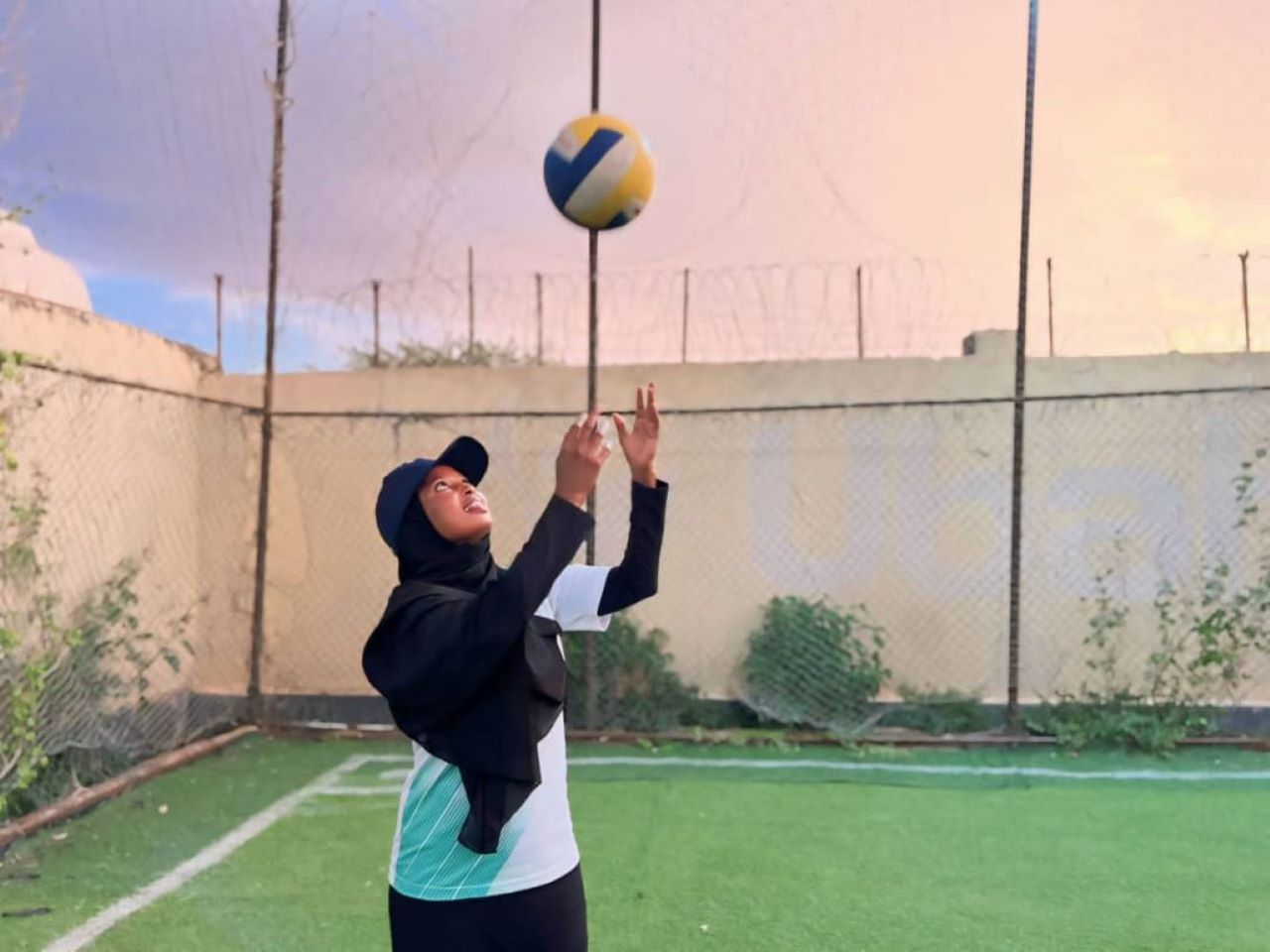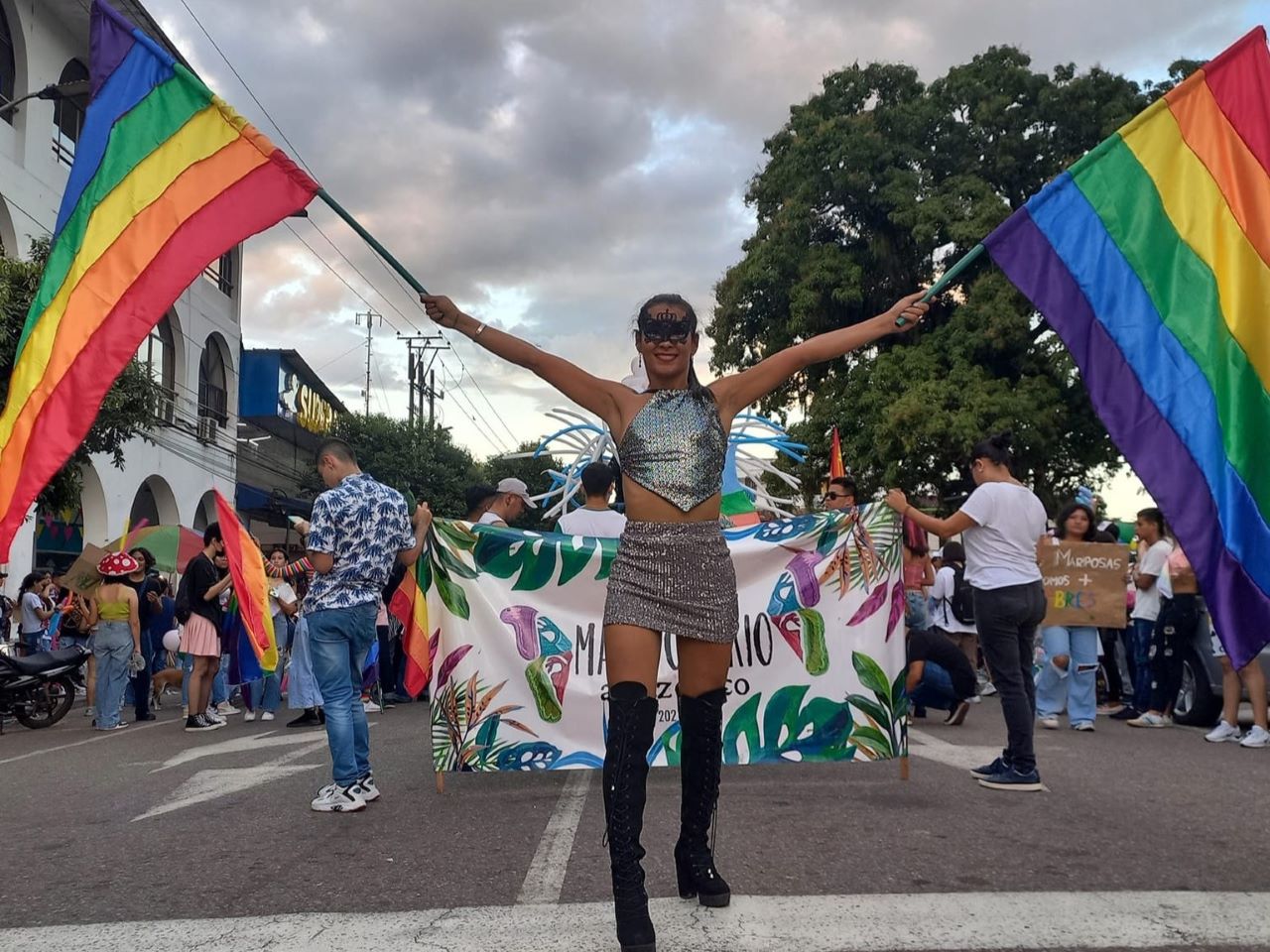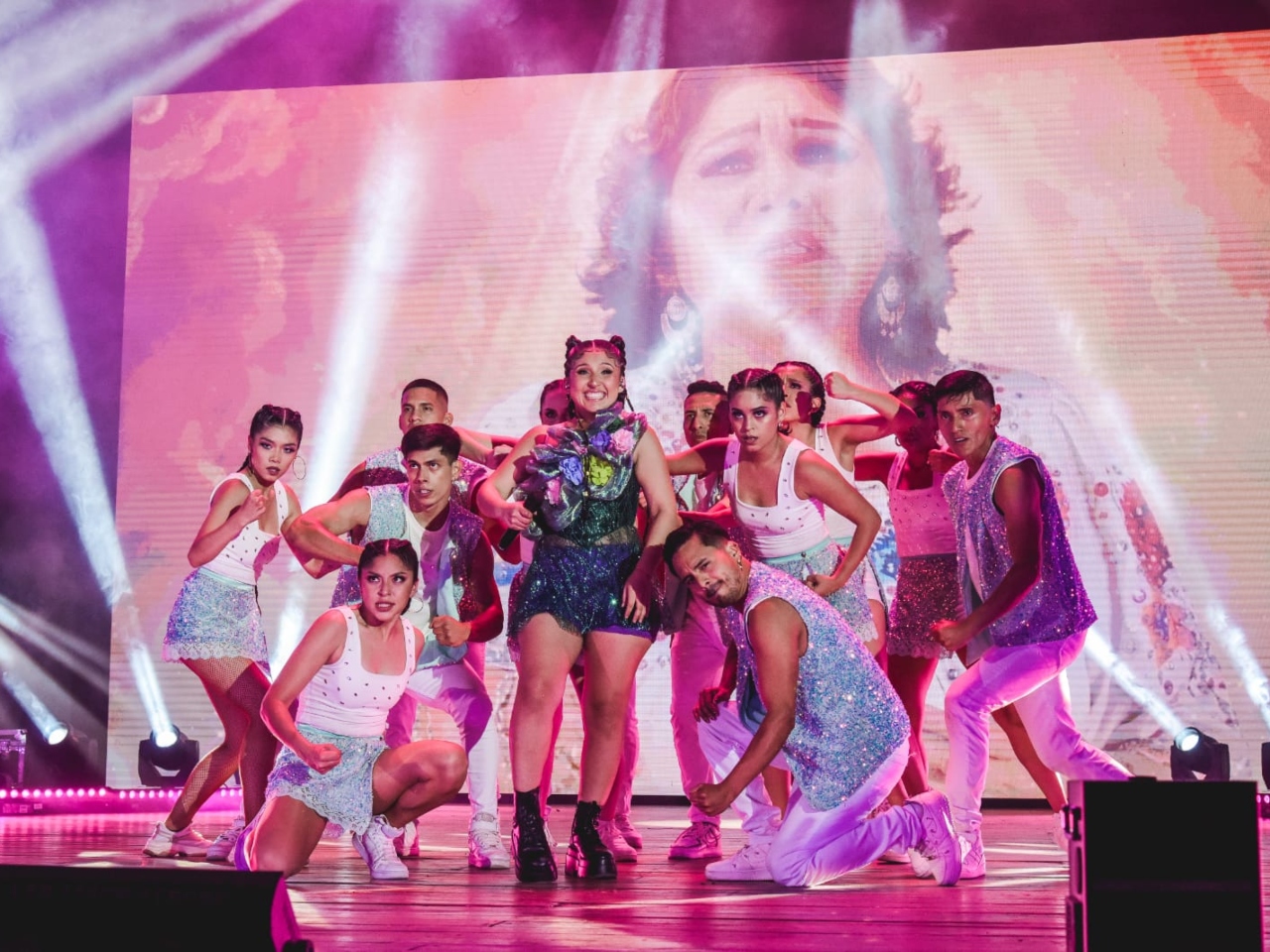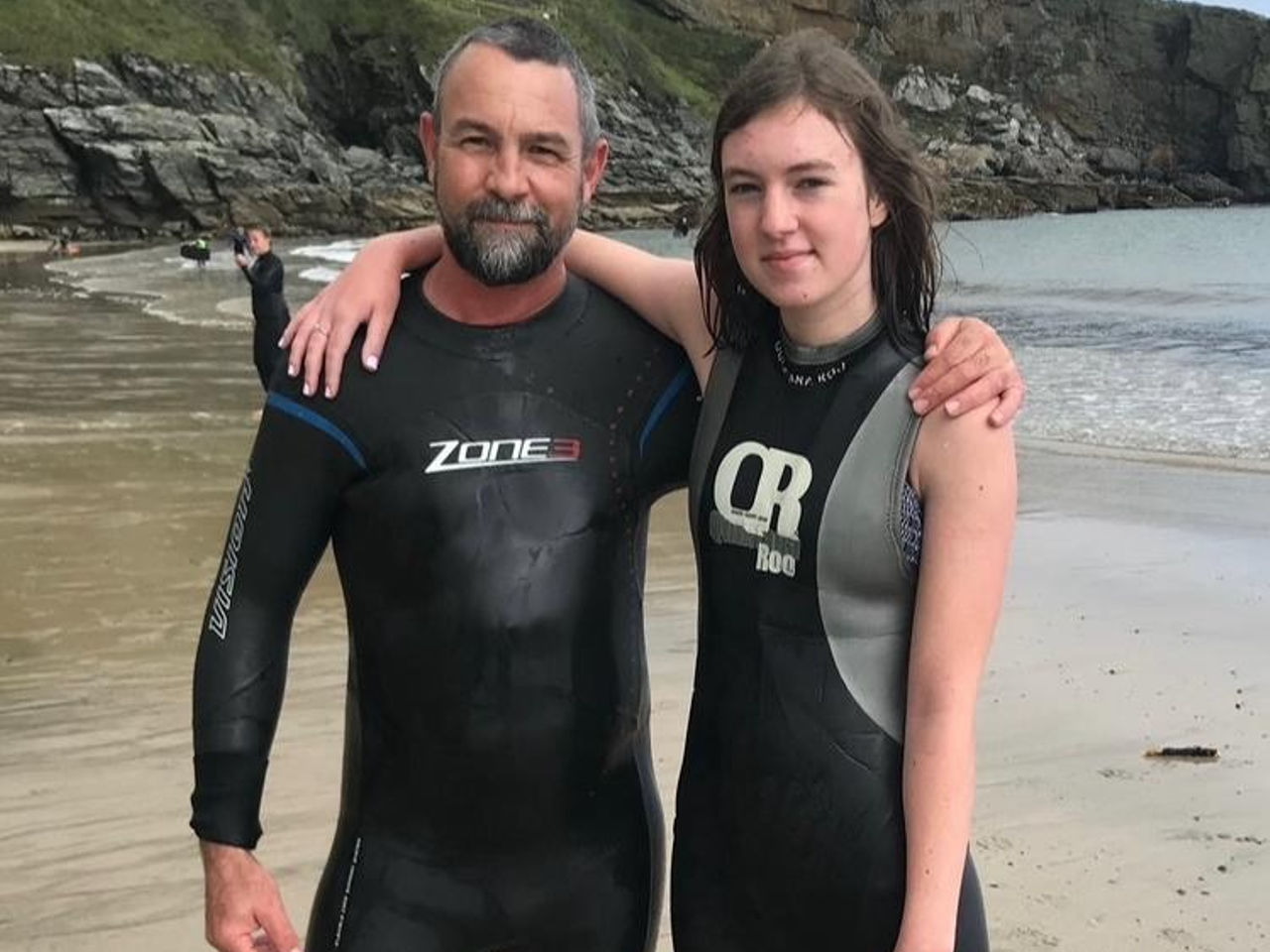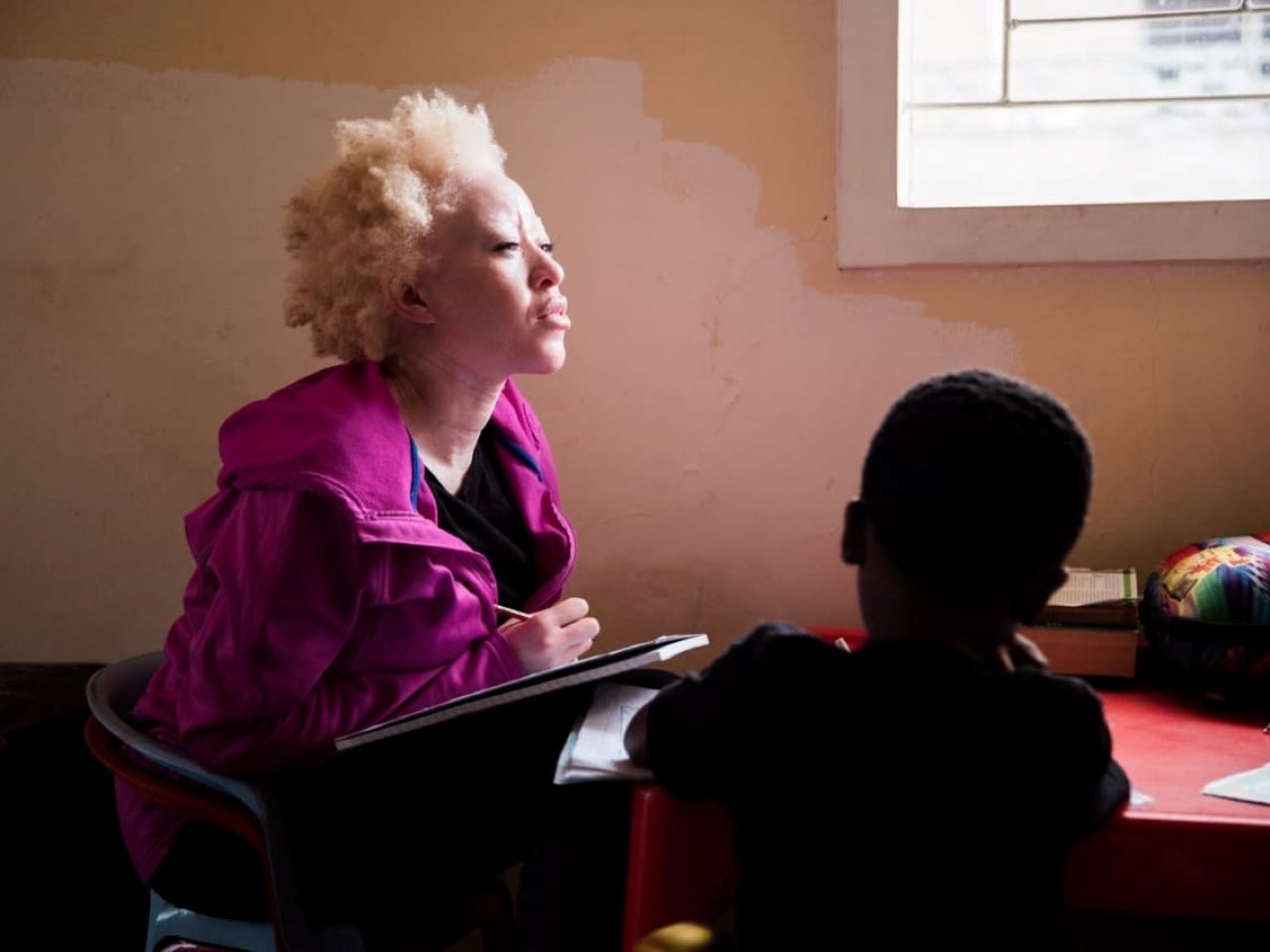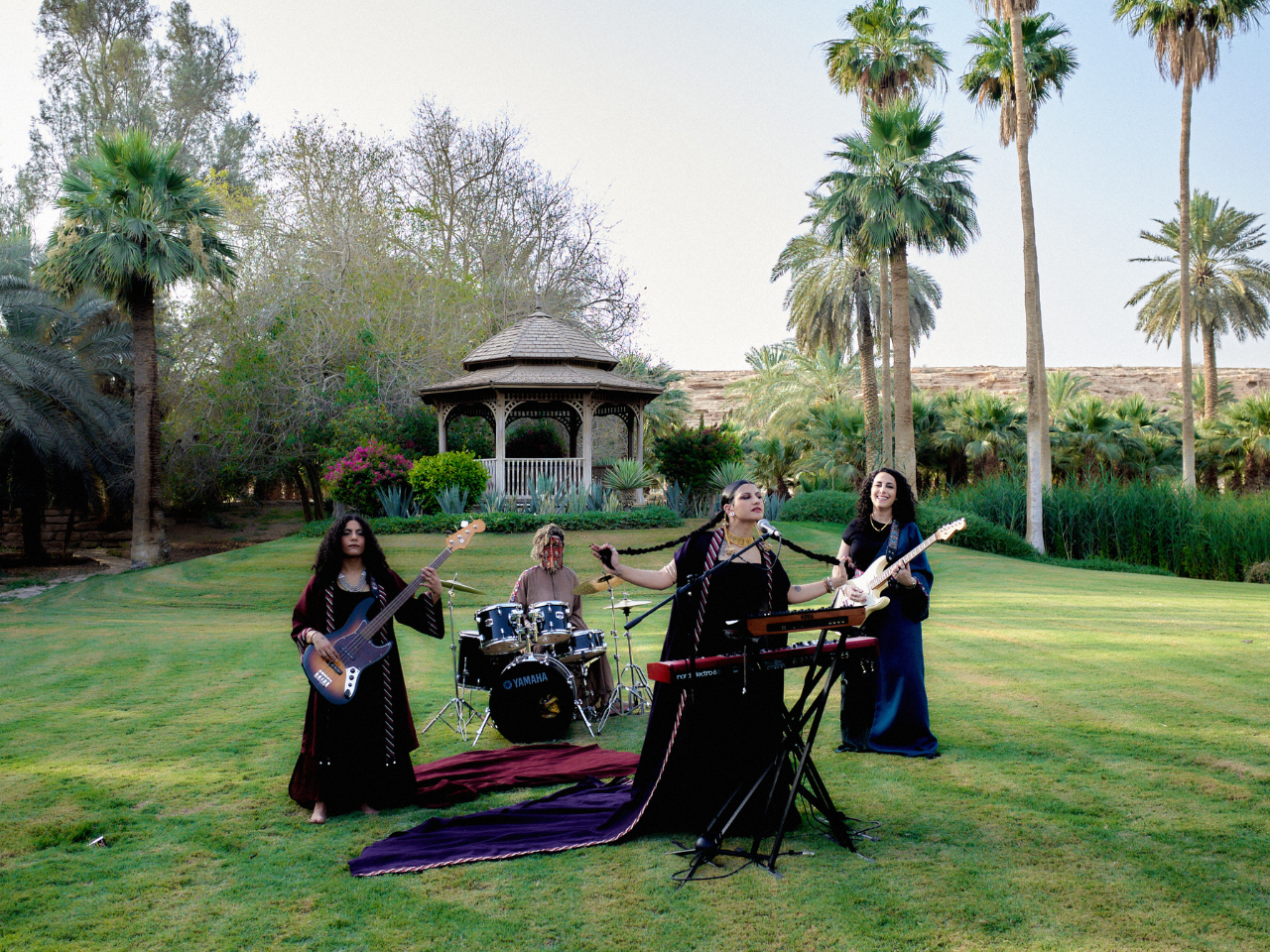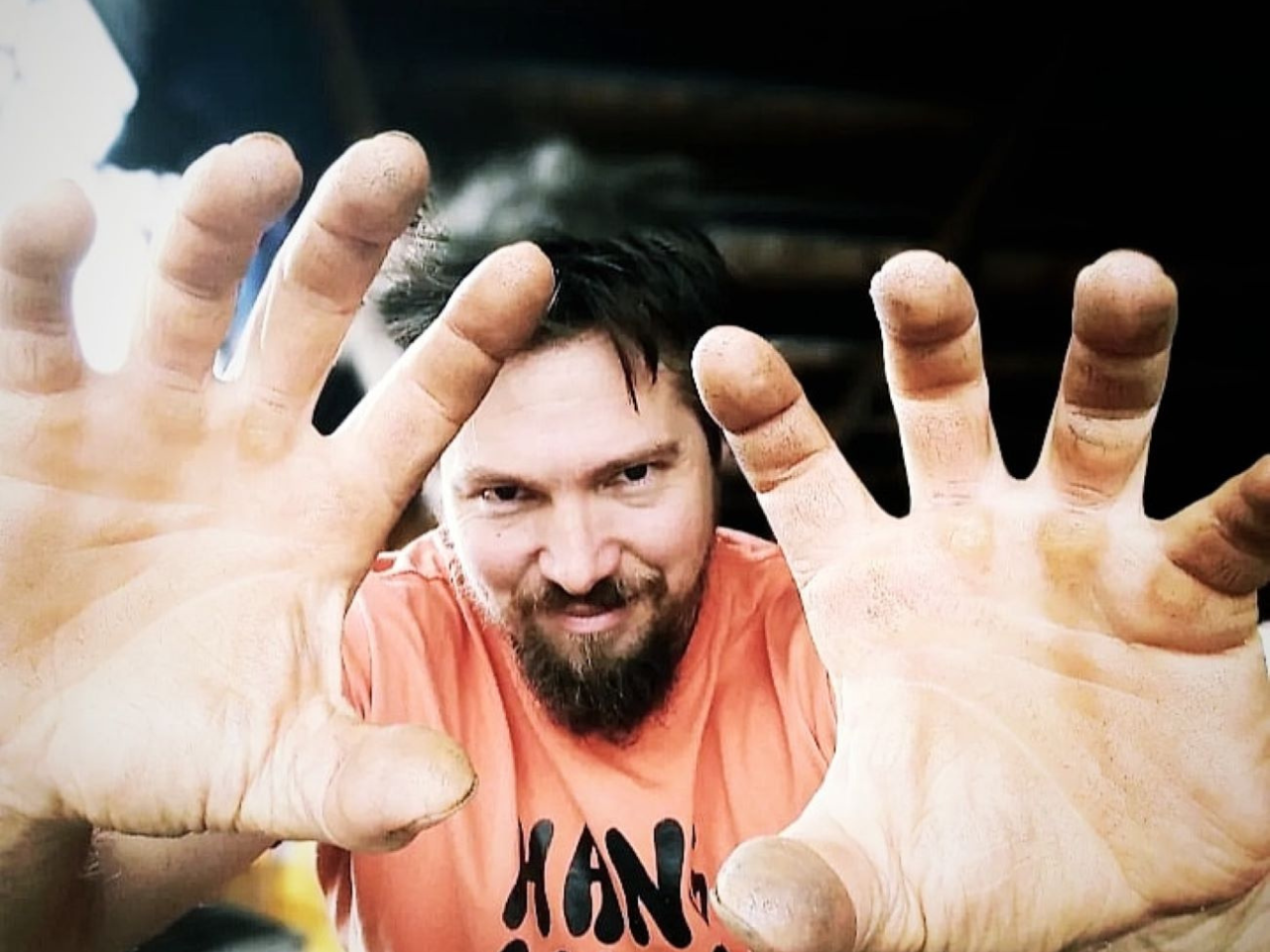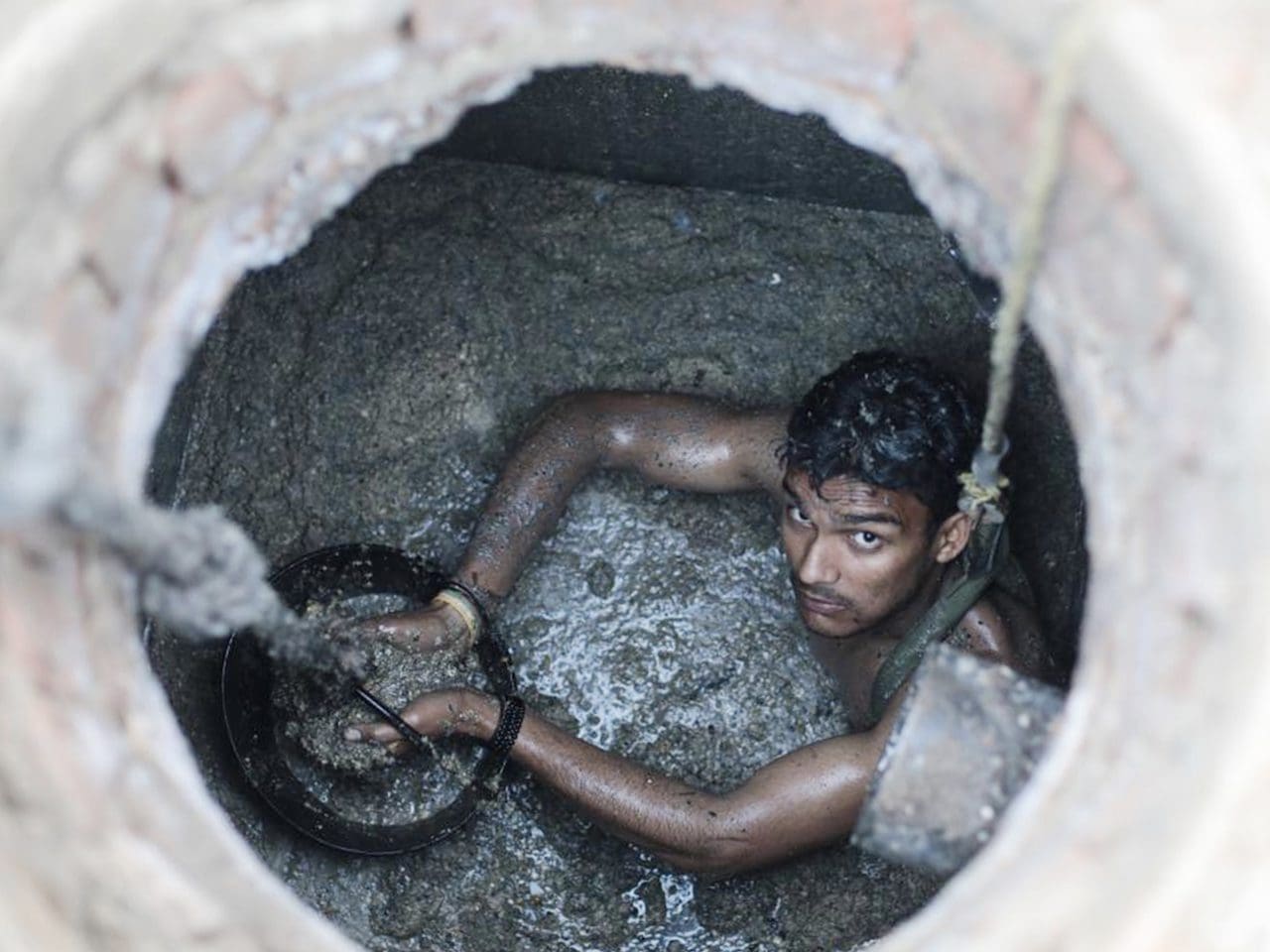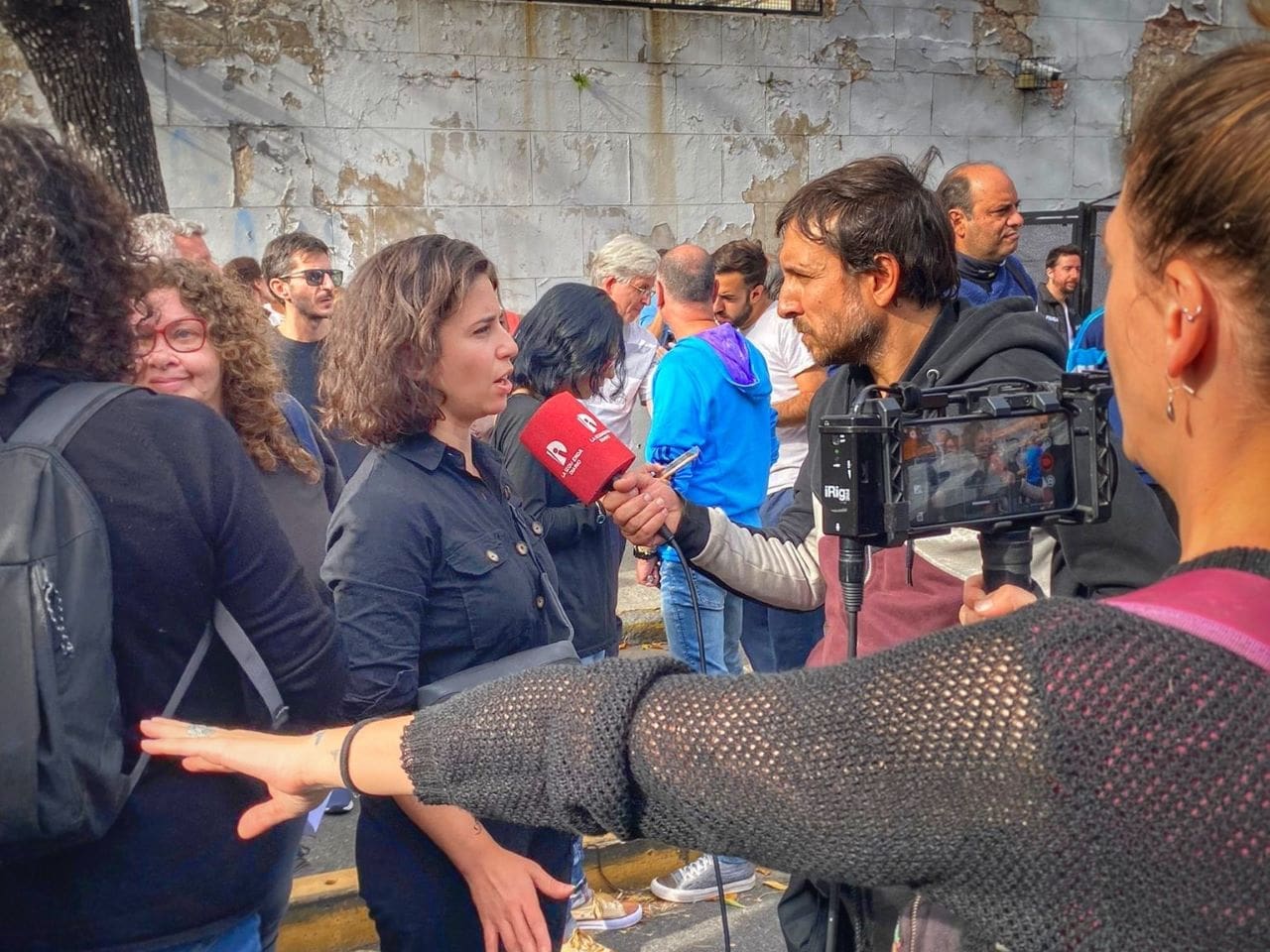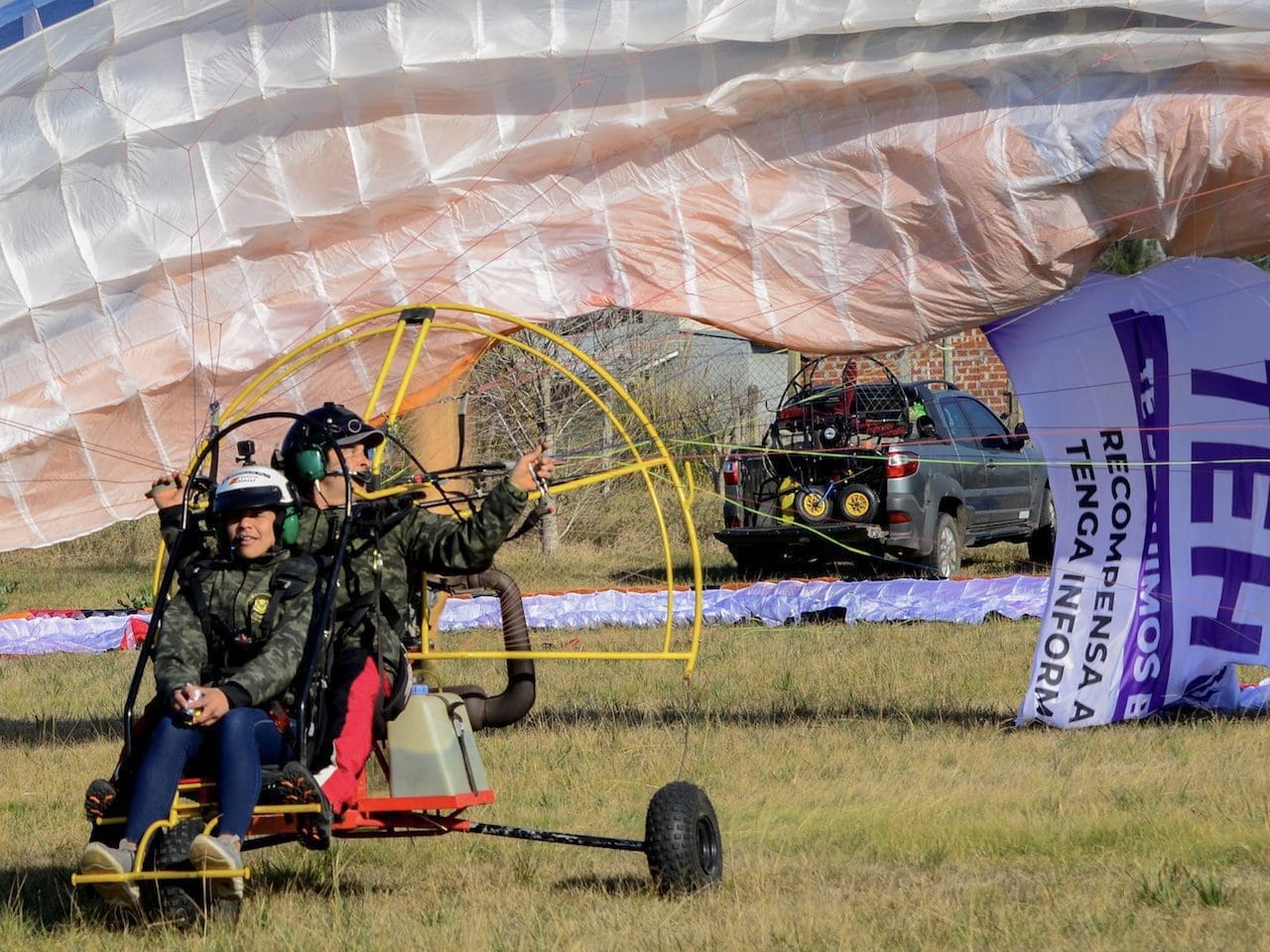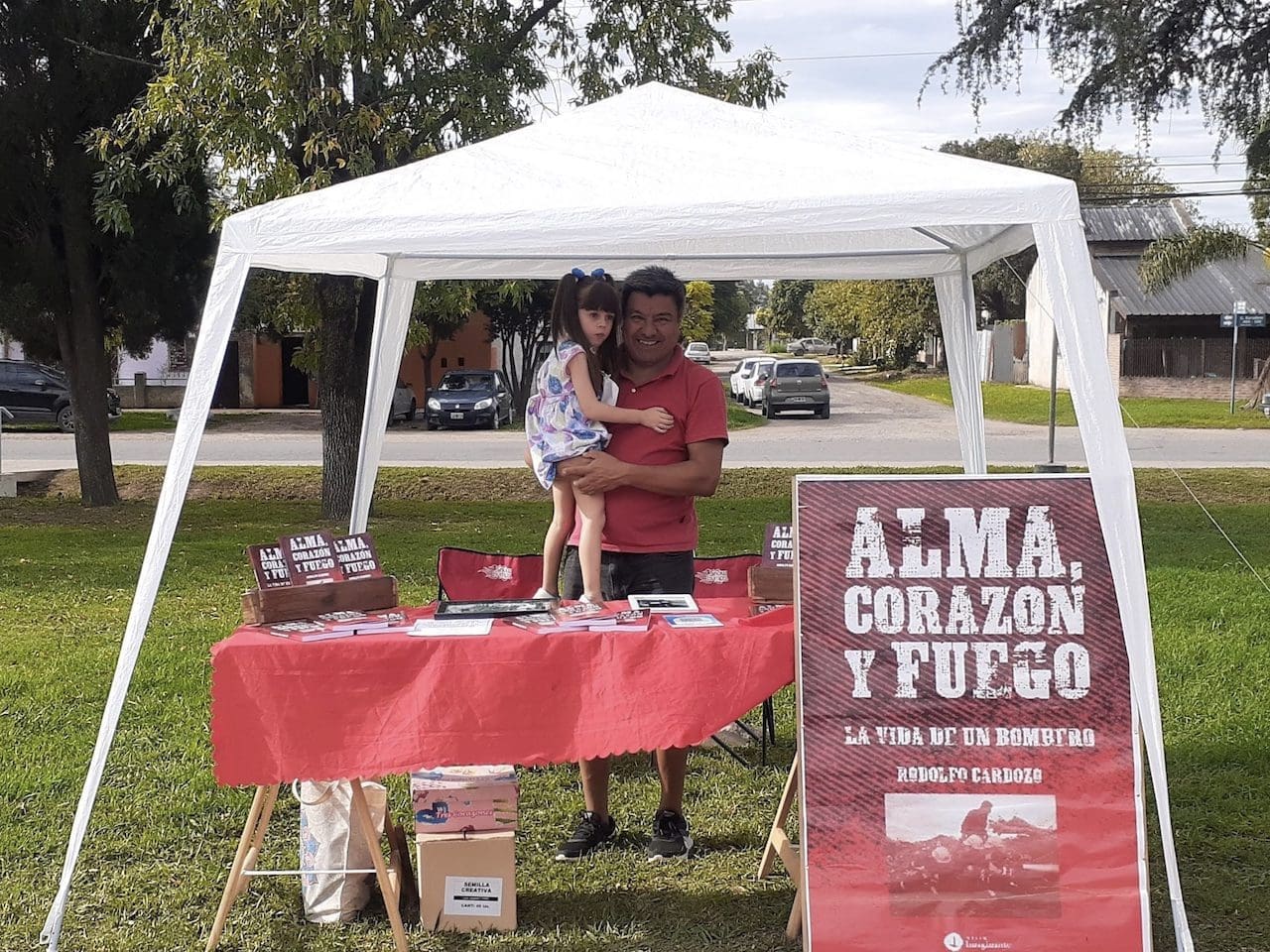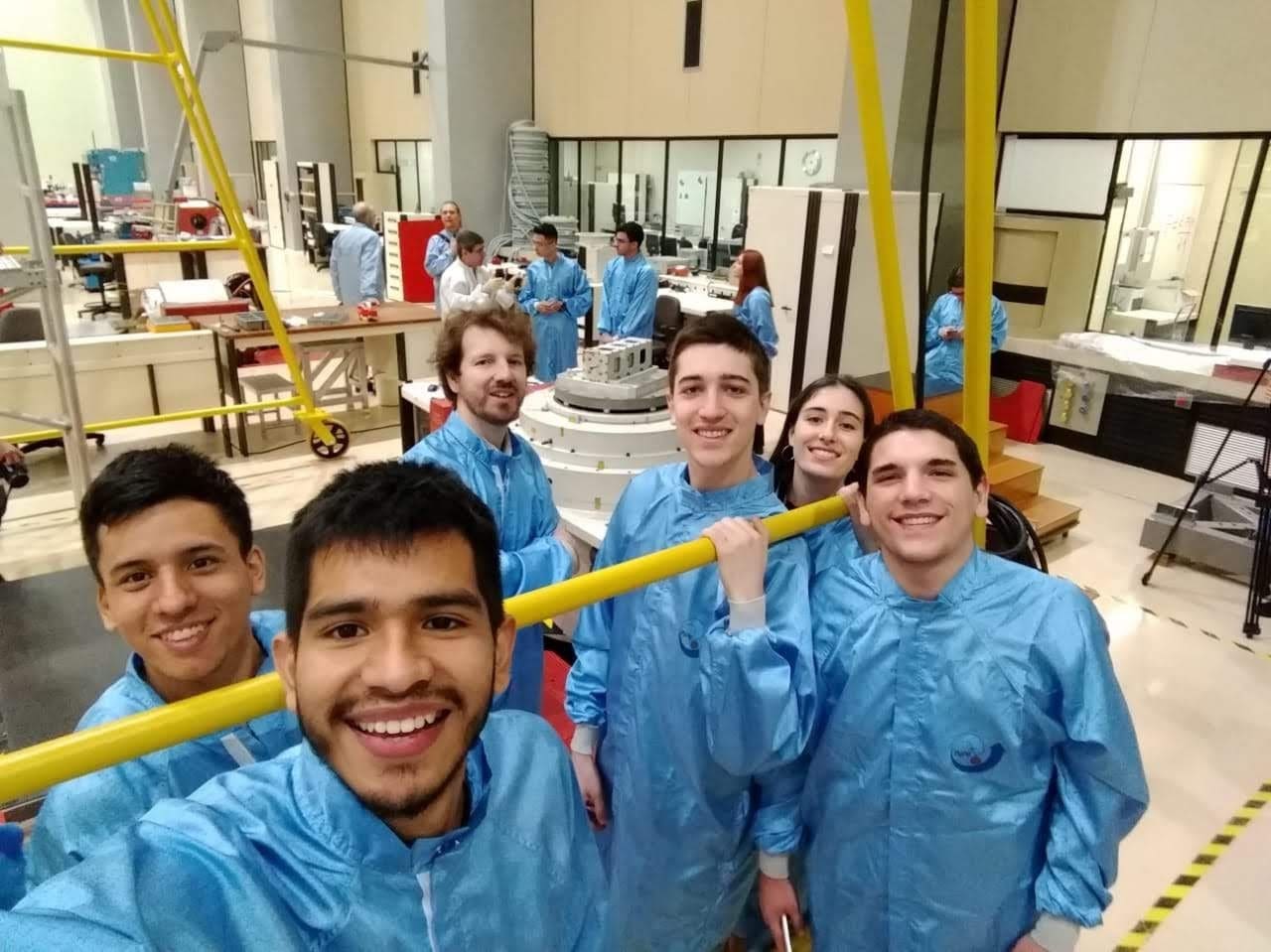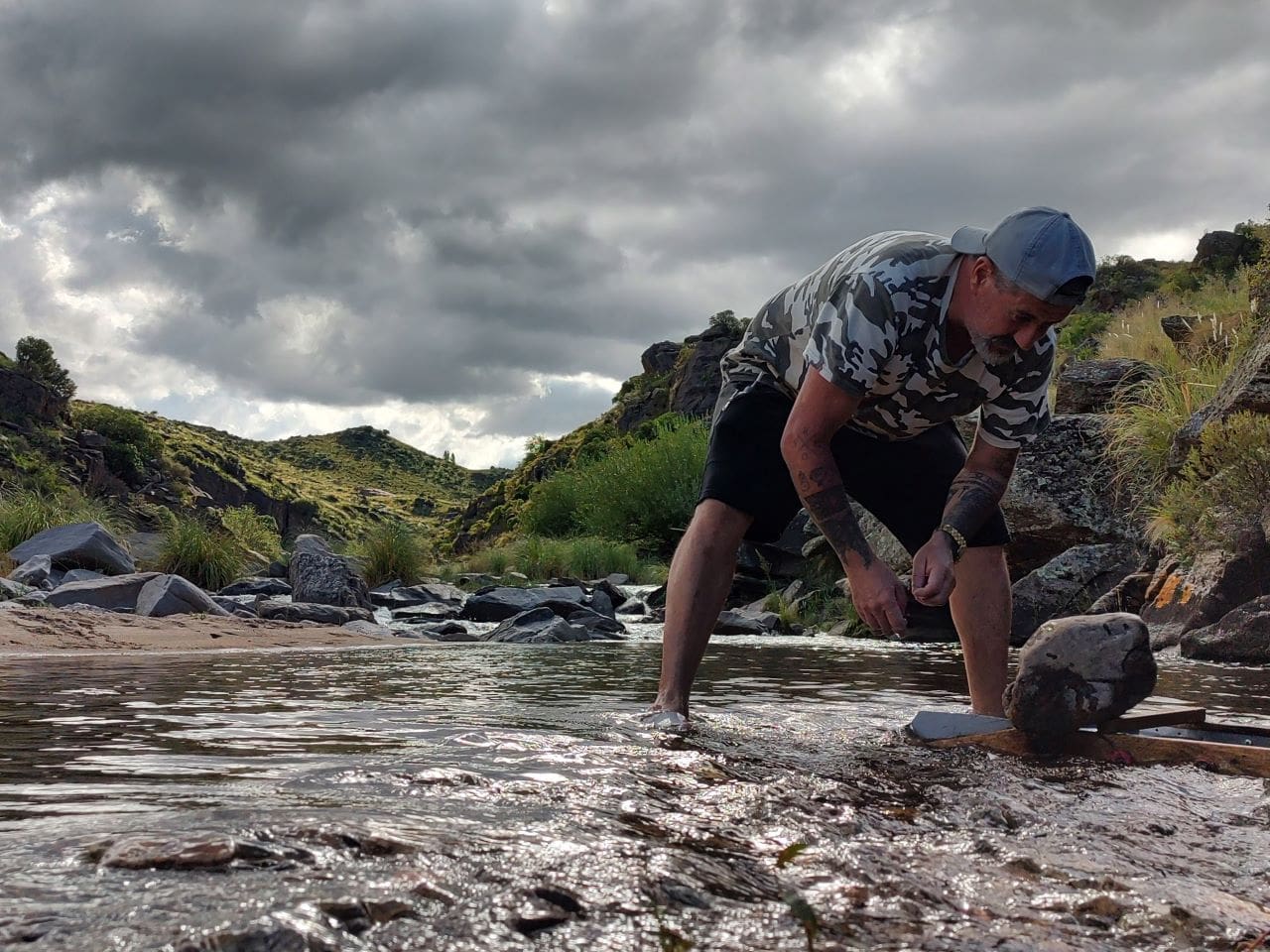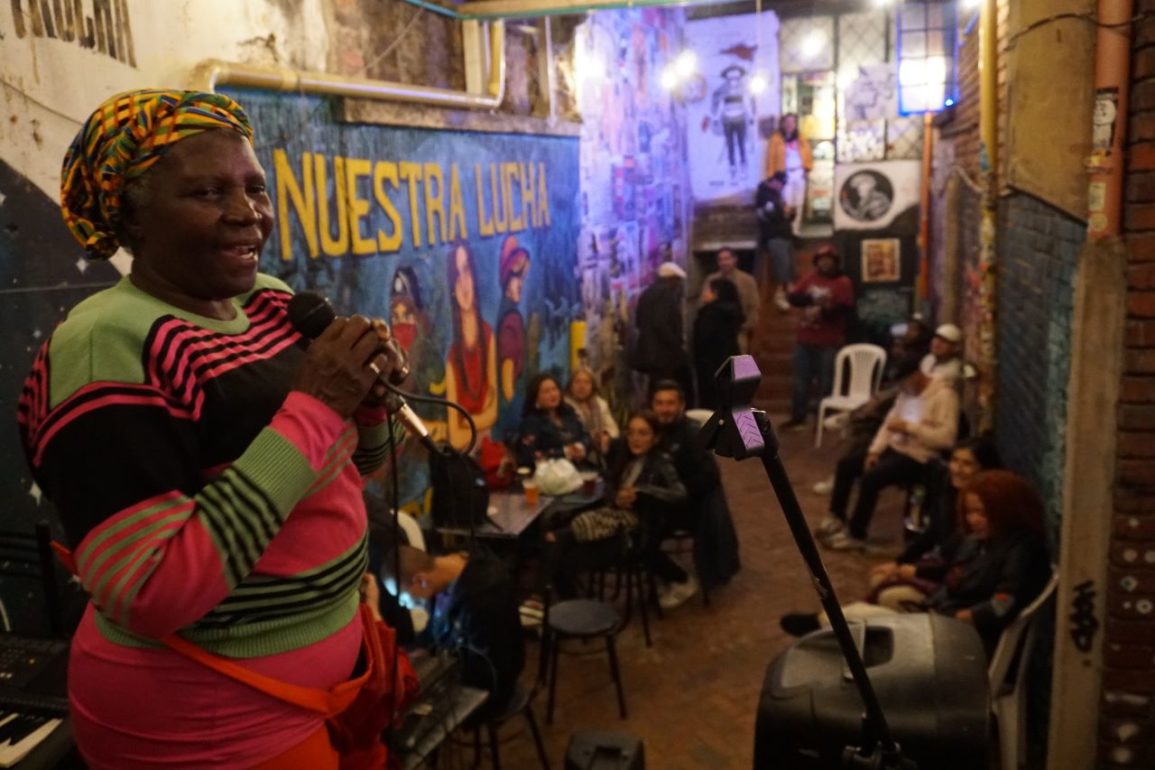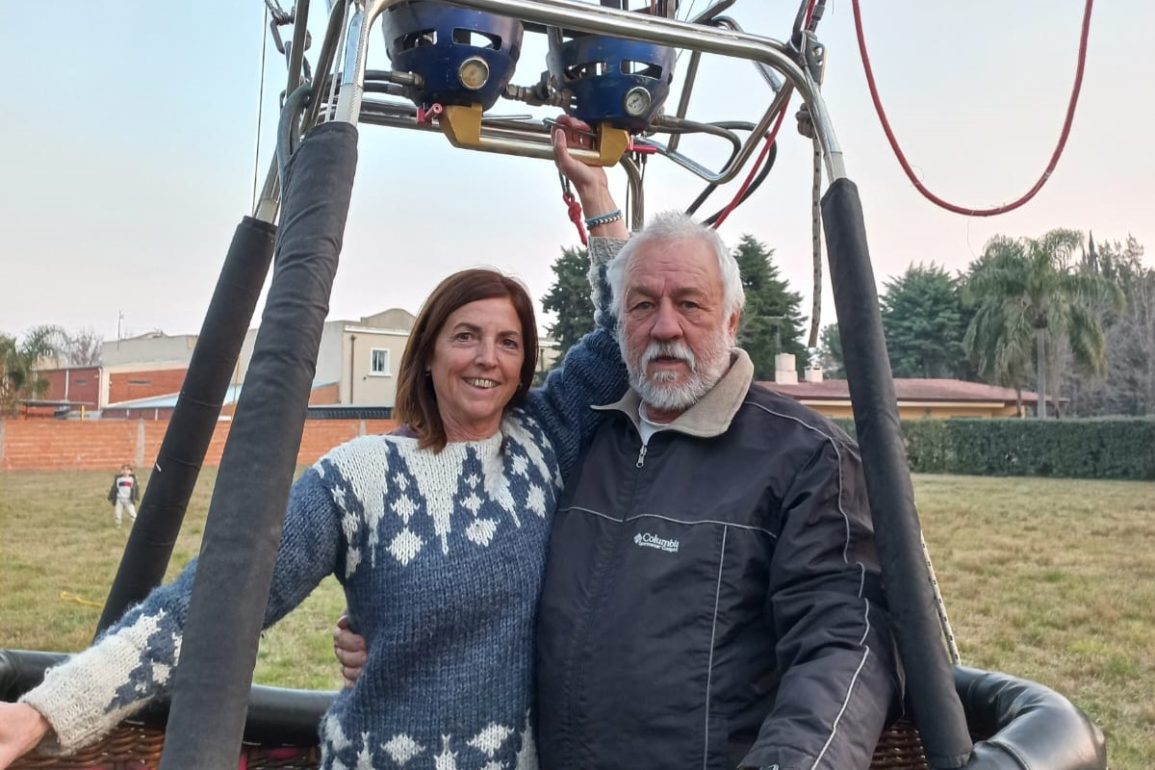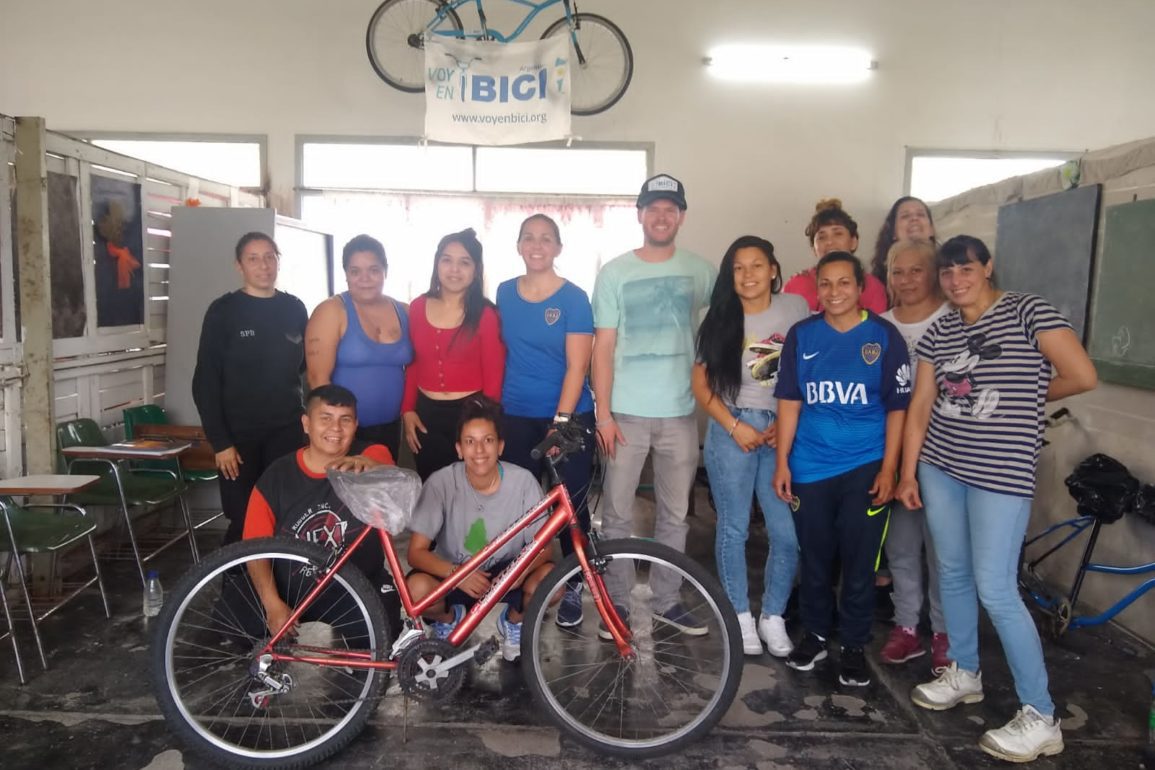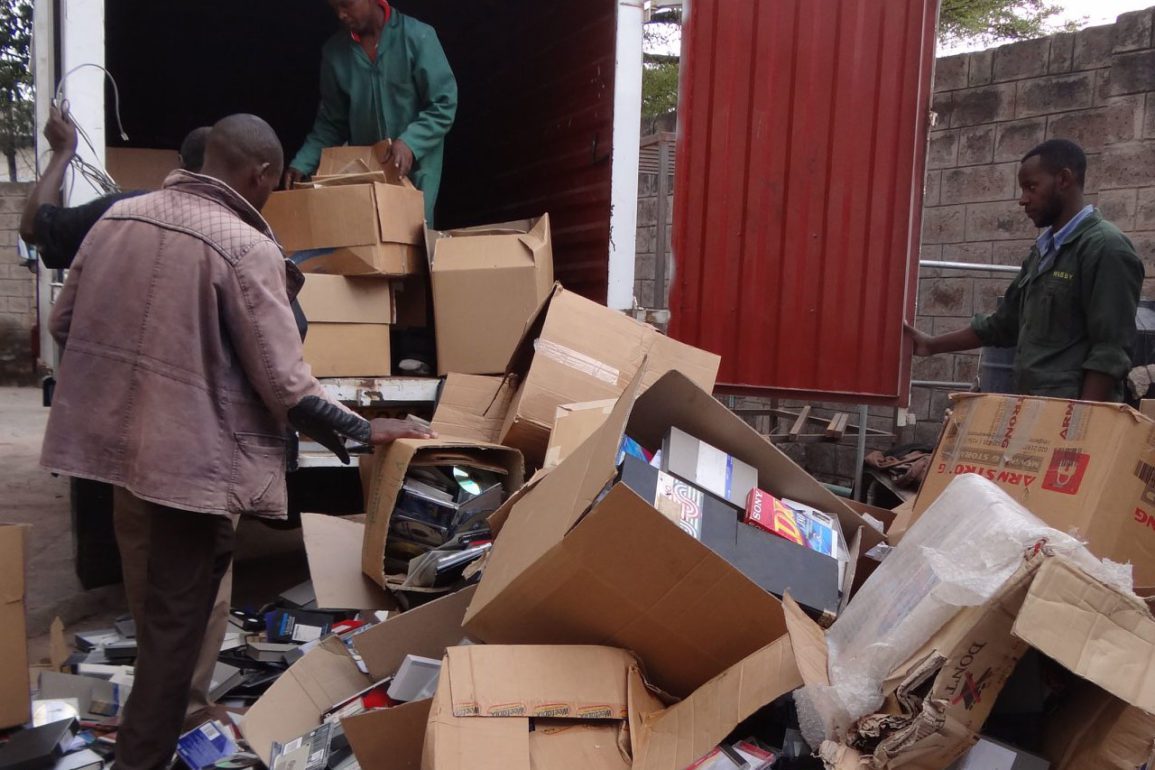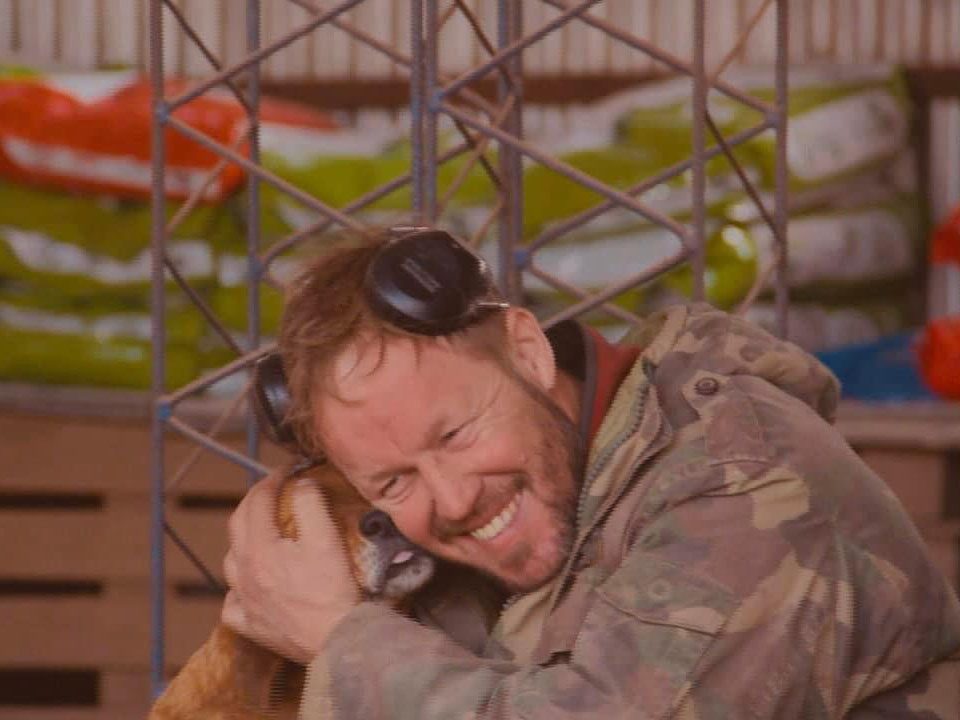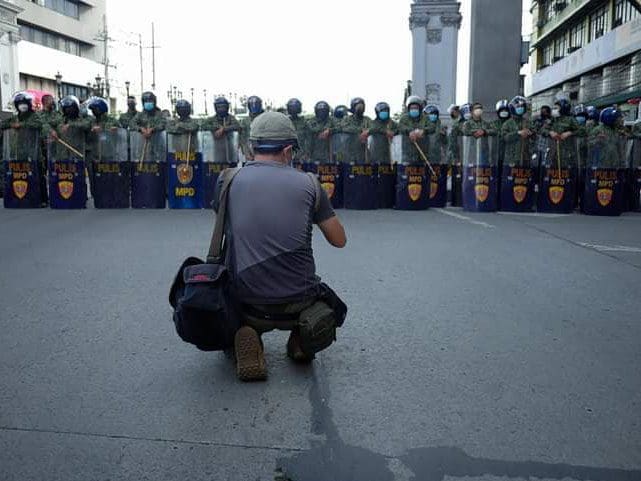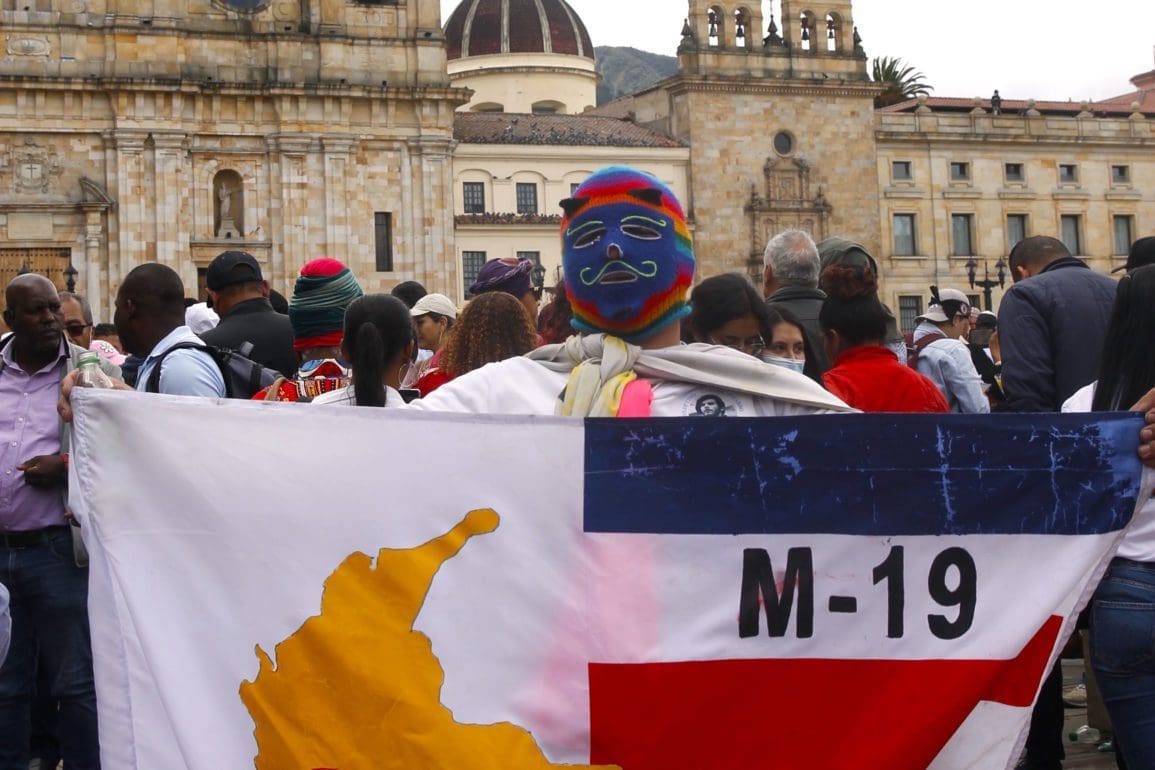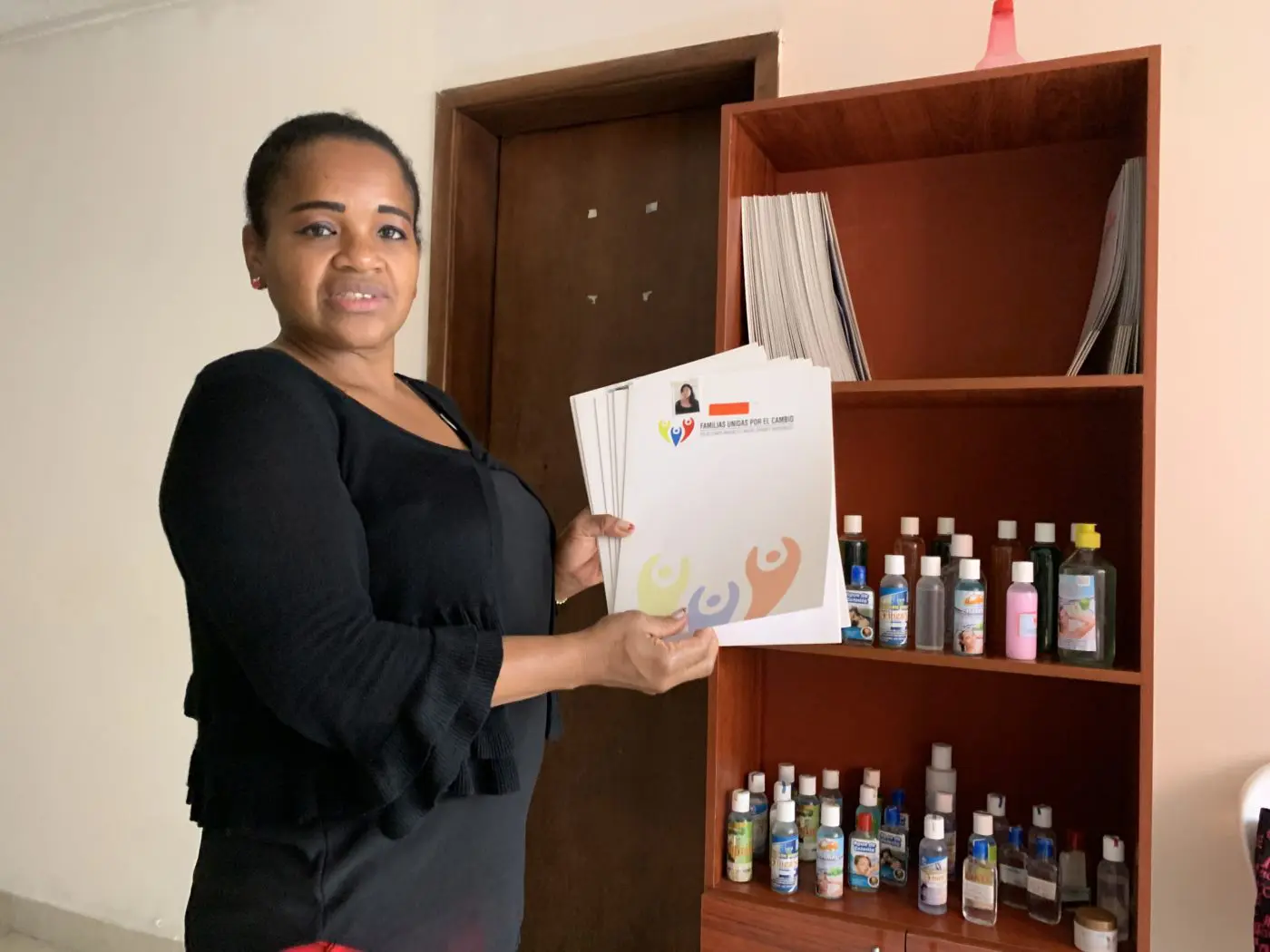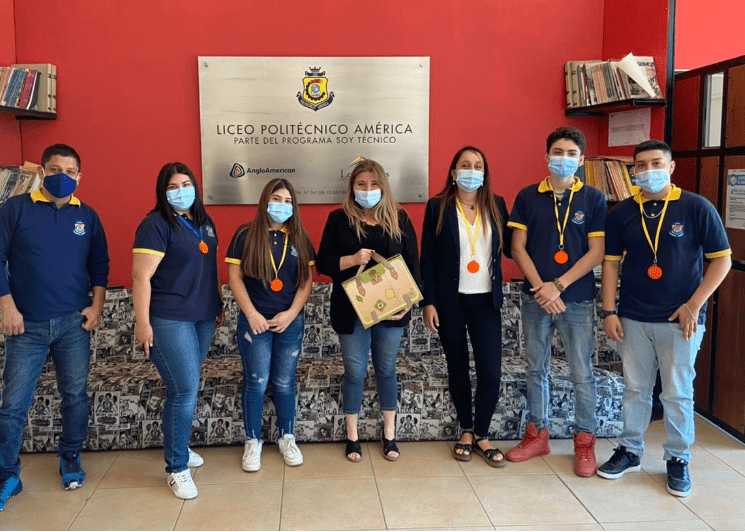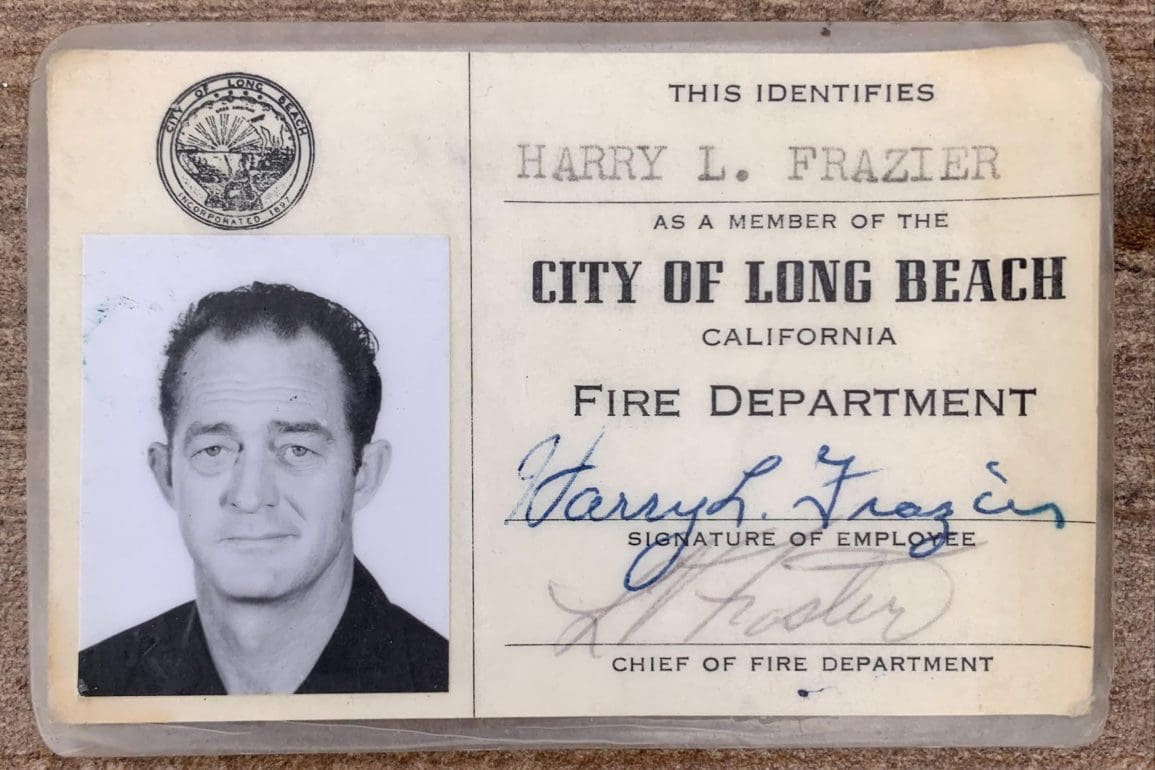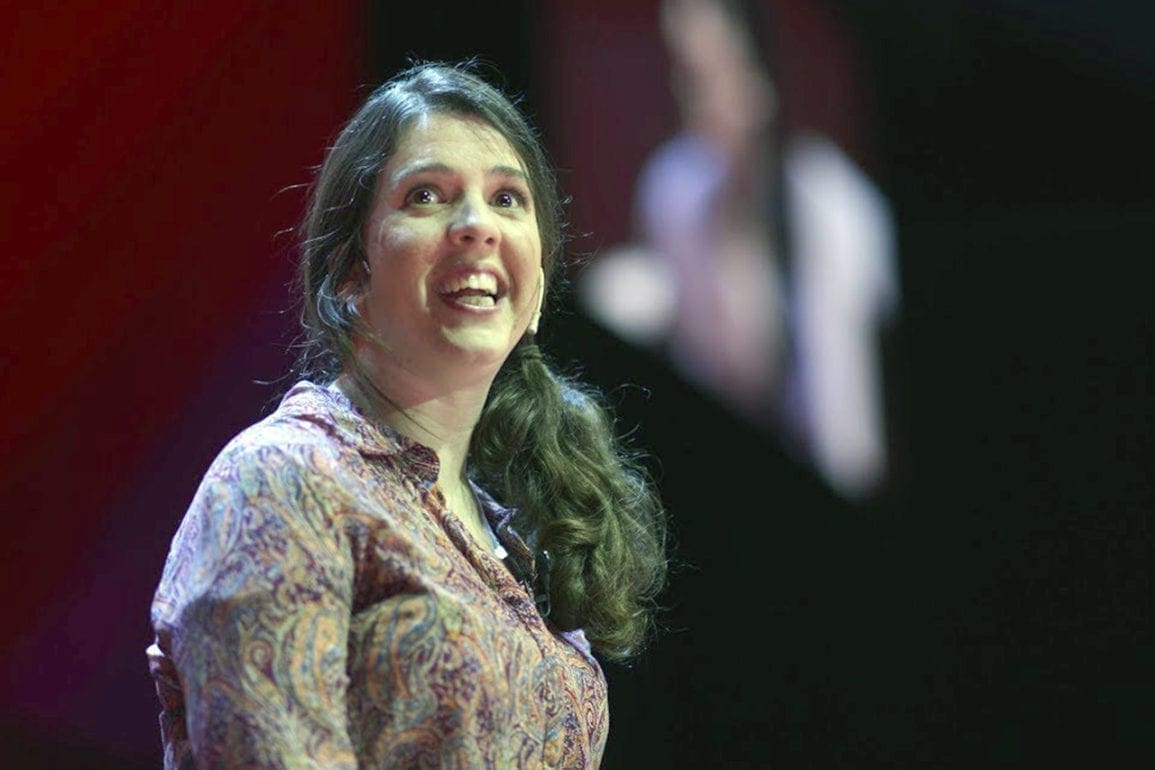From farm to courtroom: meet Kenya’s first female chief justice
All of these achievements have come because of, not in spite of, my rural upbringing. Those tough lessons allow me to be of service—not just to women and children, but to an entire nation.
- 4 years ago
November 30, 2021

NAIROBI, Kenya—I grew up a traditional African girl, born and raised in Kathiru village. My father, a polygamous peasant farmer, bore 18 children.
Growing up in the Meru region, around the slopes of Mount Kenya, I spent most of my free time on the shamba, our family farm. I learned at a young age that you must work before you eat.
My upbringing taught me the virtues necessary to succeed. Today, I am Kenya’s first female chief justice and a staunch defender of human rights.
Humble beginnings for Kenya’s first female chief justice
My mum and grandmother instilled in me the characteristics of a true African woman. In many ways, we were blessed.
Girls my age often loitered around the village on the weekends and during holidays. I, on the other hand, worked hard at home on our farm. My many brothers protected me and inspired fear from the other students, and my academic performance commanded respect.
Church was like our second home, and I never missed a service without good reason.
While large polygamous families often battled hunger, we had plenty of food from the farm to feed us. We tilled the land, and I learned to prepare the most delicious kienyeji (traditional) delicacies from the women in my family.
The training I received at home was passionate and valuable, but I loved to be in school, often wishing the classroom would not close for breaks.
My siblings and I walked to school barefoot. Shoes, at that time, were reserved for teachers and staff. My grandmother often told me, “If you work hard, Martha, you will have many pairs of shoes.” I pushed myself, not only for shoes, but to change the status of women around me.
Inspired to fight for justice from a young age
As a young girl, I saw so many cases of domestic violence: of women who were voiceless, beaten by their husbands and relatives with nowhere to hide.
They came into the church, where they could share in small groups. We heard how they were treated at home. Sometimes, these women sought temporary refuge for a day or two with my family, where they could take a break from their drunk husbands.
One woman came to us after toiling all day, looking for food and caring for the children. By the time she was able to prepare a meal, it was late in the day. Her husband returned home with nothing more to offer the family, yet he beat her for preparing the meal late.
She arrived at our house with her children seeking shelter. Anger and annoyance arose inside me. I decided to study law, to fight for women and children like them.
Spurring change through legal activism
Since my admittance to the Law Society of Kenya in 1987, I have seen the constitution changed to advocate for the rights of women and children.
We established the Federation of Women Lawyers (FIDA), offering pro-bono legal services to victims of sexual assault, along with psychosocial support.
Establishing my firm in the 1980s, in a field dominated by men, called upon the resilience I learned as a young girl on the farm. This fierceness empowered me to champion the rights of political detainees, women, and children.
None of these achievements were easily won. In an era when you could be arrested and convicted for criticizing the president and the judiciary was not independent, we achieved impossible tasks.
Through it all, I stood proudly. While being vetted to be a Court of Appeals judge, I requested my interviews be public. Corruption tainted the corridors of justice in Kenya, but I stood opposed—with morals and standards—against the bribery and rotten elements among us.
Now, with six months in office as Kenya’s first female chief justice, my life and my country are on a new trajectory. Yes, we have challenges, but we will face them. With a team of over 40 judges, we are clearing backlogged cases as we seek to regain public trust in the judiciary and to do away with corruption and delayed justice.
All of these achievements have come because of, not in spite of, my rural upbringing. The tough lessons and struggles we faced taught me to survive. Today, those very lessons allow me to be of service—not just to women and children, but to an entire nation.

